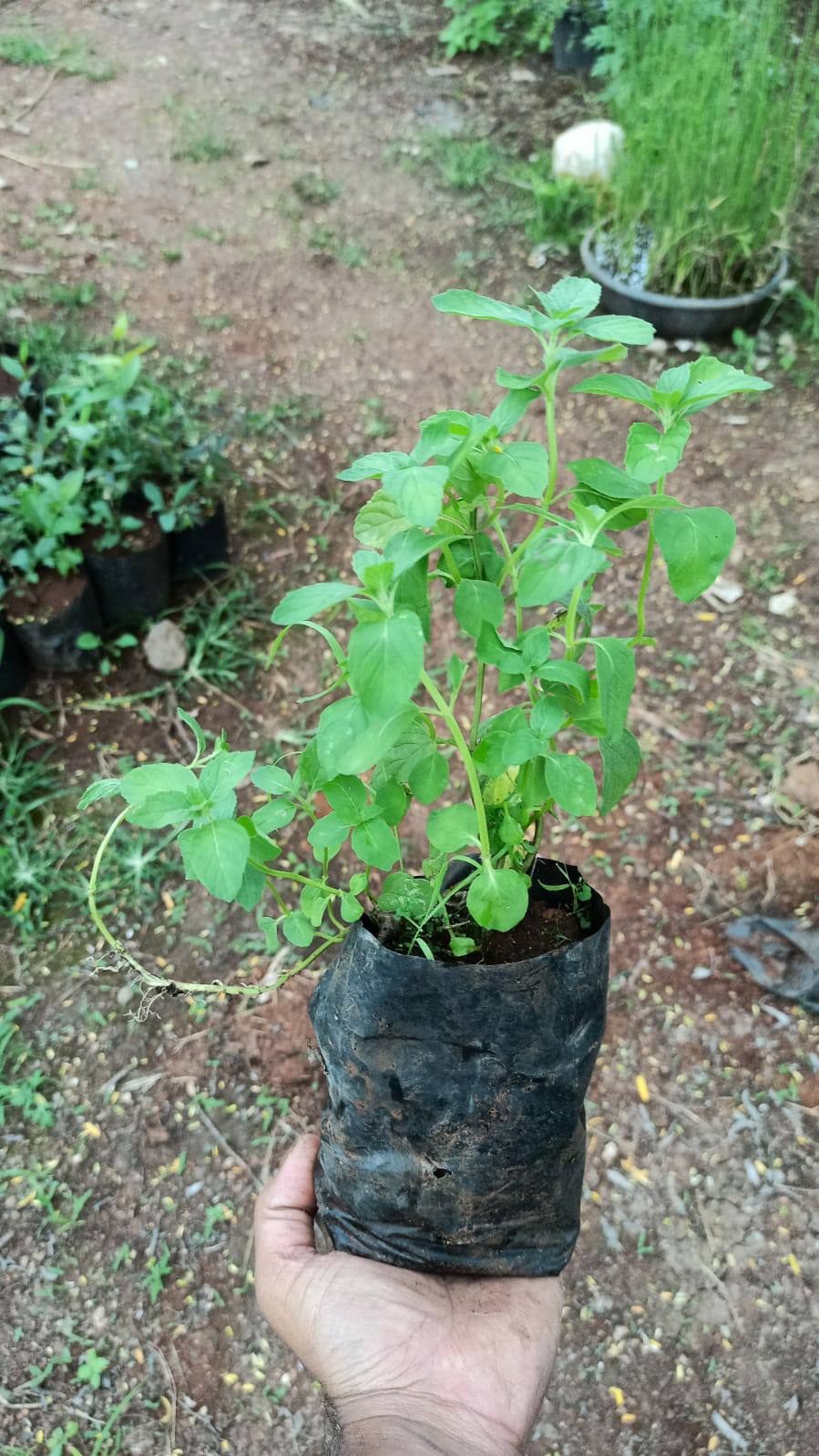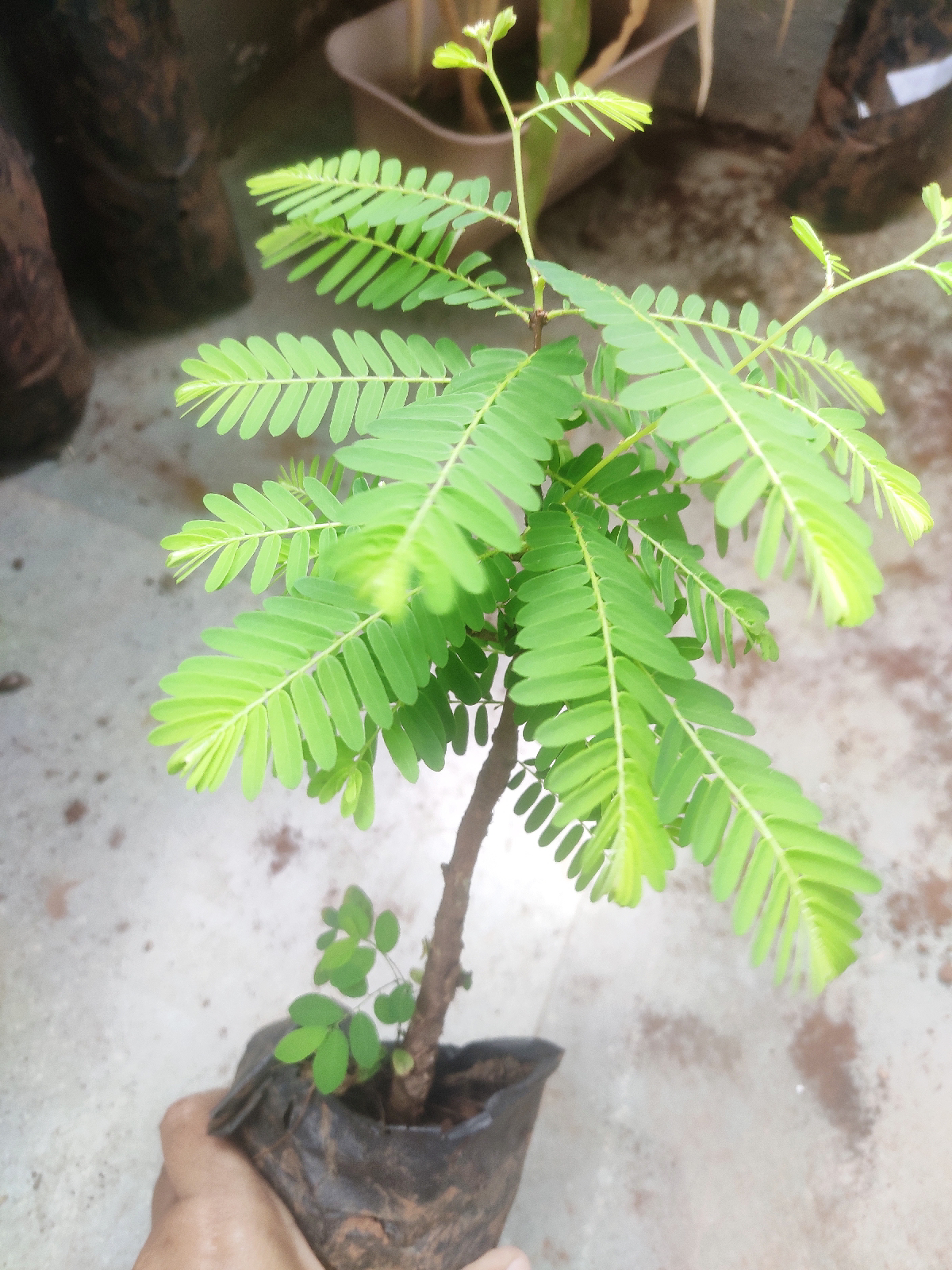Wood apple
Limonia acidissima also called as wooden apple is native to India (including the Andaman Islands), Bangladesh, and Sri Lanka.The species has also been introduced to Indochina and Malesia.
A tangy and sweet pulp made with mixing jaggery is useful for small hunger need or a good timepass like popcorn which we eat while watching movie, It has many crunchy seed in feels good when we bite, as the pulp melts in the mouth it gives mouthwatering experience.
From my childhood I have seen many big trees with native verity but now a days there are hardly few seen around due to urbanization.
Limonia acidissima is a large tree growing to 9 metres (30 ft) tall, with rough, spiny bark. The leaves are pinnate, with 5-7 leaflets, each leaflet 25–35 mm long and 10–20 mm broad, with a citrus-scent when crushed. The flowers are white and have five petals. The fruit is a berry 5–9 cm diameter, and may be sweet or sour. It has a very hard rind which can be difficult to crack open, it appears greenish-brown in colour from outside and contains sticky brown pulp and small white seeds. The fruit looks similar in appearance to the Bael fruit (Aegle marmelos). It contains considerable amount of protein, carbohydrate, iron, fat, calcium, Vit-B & C etc. 100 g of ripe fruit pulp contains up to 49 KCal.
The fruit is used to make a fruit juice with astringent properties and jams. Ripe fruit can be used as pickle (mashed with green chili pepper, sugar and salt only).
In some parts of India, the fruit pulp is used to make chutney which is then used as a main condiment in and on top of meals, especially in winter.[citation needed]
In Myanmar, the wood is used to make the distinctive local face cream thanaka.
It aids digestion, improves skin health, manages asthma symptoms, supports reproductive health, boosts the immune system, and helps manage diabetes due to its fiber, antioxidant, and immune-boosting properties.
Nutritional value:
It has Vitamin C, Calcium, Iron, Magnesium, Manganese, Phosphorus, Zinc.
Seen many fruits appearing from October to March, This plant is registered in
1) Royal Botanical Garden of Kew, England,
2) U.S. department of agriculture.
and at few more places.
This endangered Verity is being ignored by many so very few Know it's taste and need them.
To get native verity do connect us on
9370783079
or mail us on vidyakreation41@gmail.com





